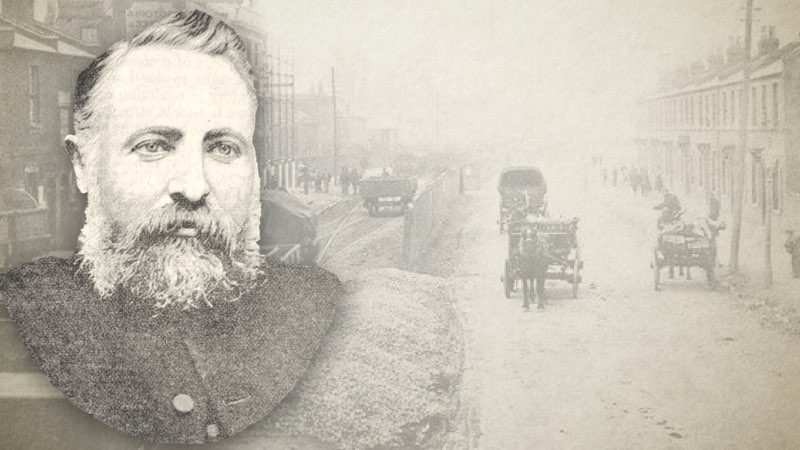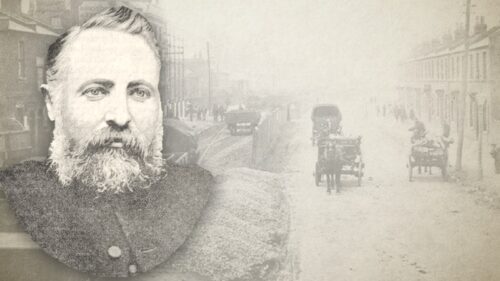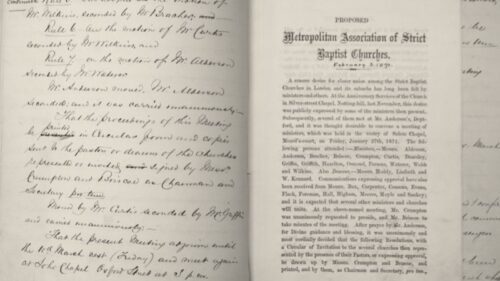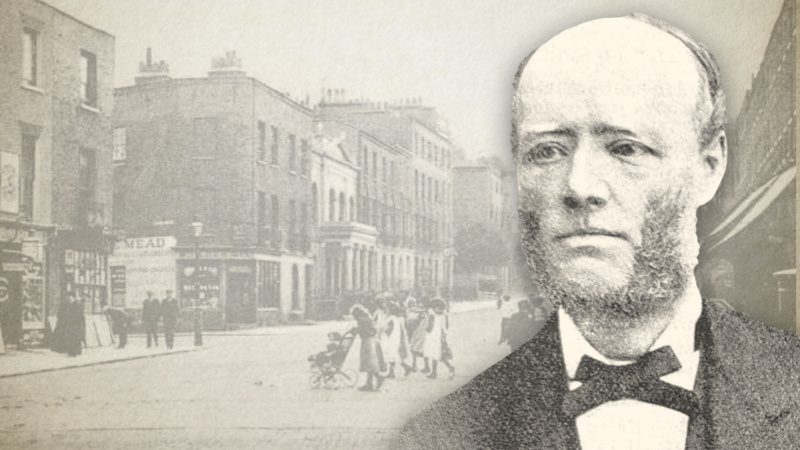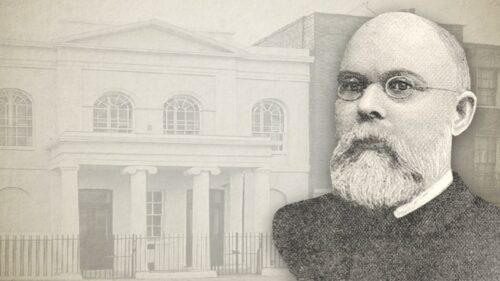-
The Final Destination Of The Blessed
We learn from God's Word that the final destiny of men will be according to what they have been in this world. The destiny will be fixed according to character; and what we have been here will be the test of where we shall be for ever and ever. At the last great day there will be a separation. We cannot be separated here on earth, for the Master said concerning the wheat and the tares, "Let both grow together until the harvest.'' If we try to separate the hypocrites from the godly we are very likely to make a mistake. We might exclude the real child of God, and take in the hypocrite. But the Master knows, and we have His words, that He…
-
Rejoicing In Hope
The Apostle in this chapter exhorts the believing Romans to the exercise of the grace of HOPE, engraven in their hearts by the Holy Ghost, who had called them "out of darkness into marvellous light." Time will not allow me to enter on the other exhortations contained in this chapter, but only to call your attention to the one in the text. Hope is one of the graces of the Spirit, and a very blessed grace it is. The Apostle pronounces it to be, "A good hope through grace," and we are assured it is ''As an anchor of the soul, both sure and steadfast, and which
-
Hope In Death
It is most comfortable in a dying hour to look back upon a well-spent life, say many. It is most comfortable to ‘forget the things that are behind, and to look forward, and press towards the mark for the prize of our high-calling of God in Christ Jesus,’ saith the Christian. Phil. 3:14. What a delightful prospect in a dying hour, to view a reconciled God, a glorified Jesus, and a kingdom prepared for us from the foundation of the world. But if we have not experienced a life of faith on Jesus, and by the grace of God had our conversation in the world, a life of self-righteousness will only beget vain
-
I Must Shortly Put Off This Tabernacle
Nothing but the life of Jesus manifest in our flesh, can reconcile us to death. This, and this only delivers from the fears of death, disarms it of its sting, and fortifies the mind with the knowledge of complete victory over the king of terrors, ‘through him who hath loved us.' Constant converse with Jesus makes death familiar. So we learn to die daily; so the spiritual, immortal life of the soul triumphs over the sensual, mortal life of the body. The happy spirit, in some highly-favoured seasons, is so far from fearing and trembling at the body’s dissolution, that it rejoices, and even longs to be set at liberty from its imprisoned state; it pants with desires after its beloved, and says, ‘Come, Lord…
-
Numbering Our Days
FOR A COMPLETE ORDER OF WORSHIP, INCLUDING BIBLE READING, HYMNS AND SERMON...
-
The Perfect Man And His Peaceful End
“Mark the perfect man, and behold the upright, for the end of that man is peace.”—Ps. 37:3 "All’s well that ends well." Many things in this life that promise fair miserably disappoint our expectations. Fine mornings not unfrequently end in stormy evenings. Our desire is to end well. We would rather have a rough passage, with a safe entrance into the haven of rest, than never so smooth a voyage, with shipwreck at its close. With Dr. Watts we sing:— "Let cares, like a wild deluge, come, And storms of sorrow fall; May I but safely reach my home, My God, my heaven, my all." Our text draws our attention to a man who ends well. Mark this man, for his end is peace. The…

